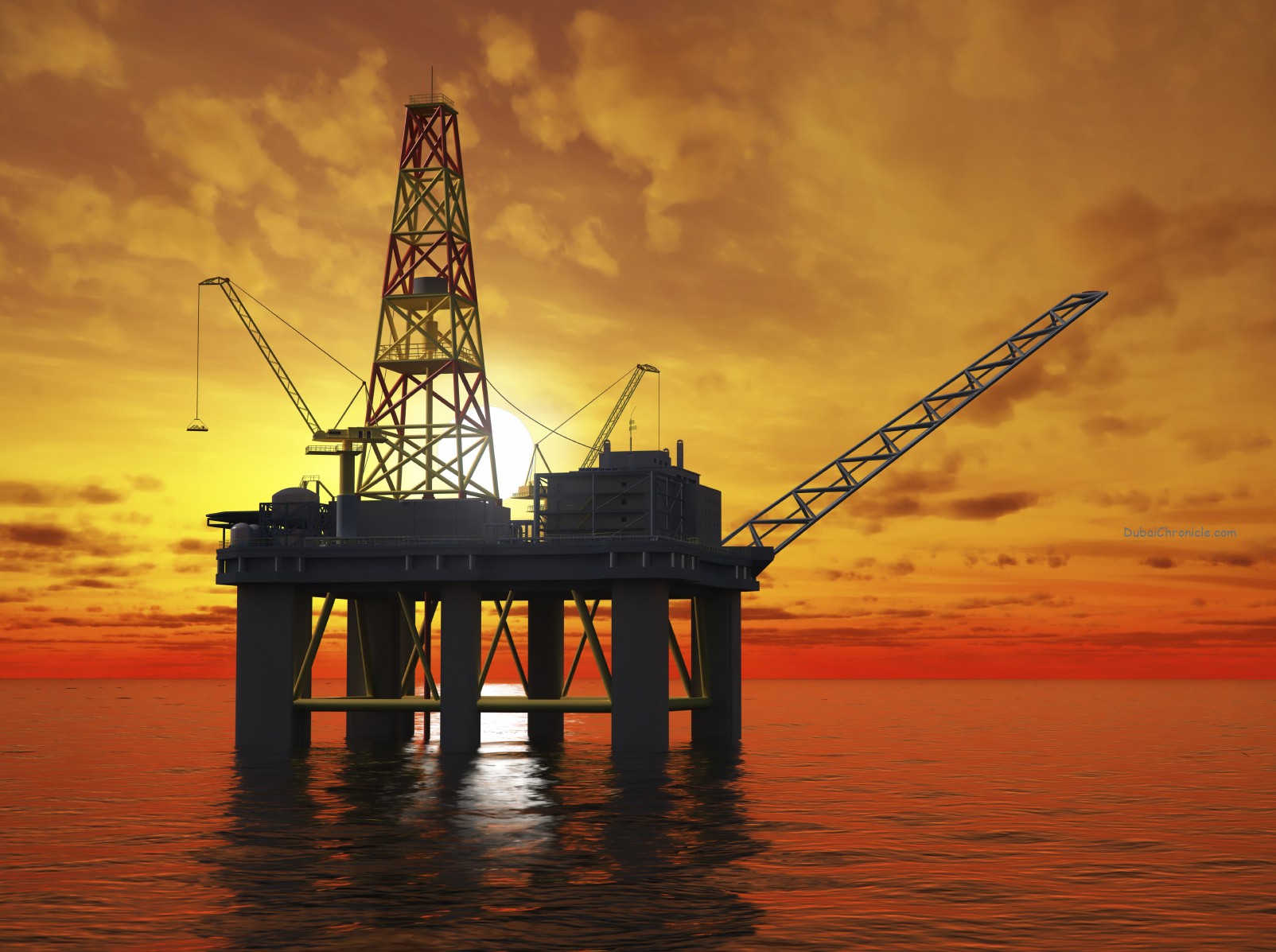WTI prices increase by 2.6% to USD105.11 per barrel in the review period
Increase in geo-political risk keep oil prices high
OPEC production (ex Iraq) increases to 28.3mnbpd in February 2012
Continuos speculation over possible military action against Iran has kept crude oil prices firmly above USD100 per barrel. Oil prices increased by 2.6% to USD105.11 per barrel between the middle of February and 15th of March. Iran’s decision to halt oil supplies to Britain and France as a pre-emptive measure ahead of European Union plan to stop importing oil from Iran from July 2012, has put further upward pressure on crude oil prices.
Meanwhile, headways made in European debt crisis have also helped to boost oil prices. Greece is undergoing the largest sovereign debt restructuring ever. The private creditors have agreed on the bond swap deal which has cleared the way for the USD160bn bailout. In a further sign of improvement in sentiments, the Italian 10-year bond yields have come down to 4.89% compared to 7.26% in November 2011. Positive news has also emanated from other side of the Atlantic with US economy creating 227,000 jobs in February. The US economy has added around 734,000 jobs in the three months till February which has pushed down the unemployment rate to 8.3%.
Oil production has been on the rise since 3Q11 after unrest in Libya resulted in decline in production in 2Q11. OPEC production (ex-Iraq) has reached 28.3mnbpd in February 2012 compared to 26.5mnbpd in 2Q11, an increase of 6.8% during the period. With oil prices hovering at high levels, there is always an incentive for oil producers to increase their production to maximize revenues. However, this time around most of the increase has been due to faster than expected recovery in Libya oil production which has contributed around 58.0% to the overall growth during this period. In addition, Saudi Arabia which jacked up its production to make up for the shortfall has kept its production at high levels.
Going forward, it is expected OPEC oil production to stay at least at these levels if not increase further. A decline in Iranian exports and consequentially its production is likely to be made up by other OPEC members especially Libya as its oil production recovers further. Saudi Arabia, as the largest swing producer with an estimated spare capacity of 2.7mnbpd will play a key role in stabilizing oil supplies.



































